‘
BY AMADI CHIMAOBI KINGSLEY
BABY Farm is a socially conscious series that shines a light on a harsh reality—baby trafficking, a vice too common yet too ignored. It also subtly critiques the privilege expatriates wield in Nigeria. How do foreigners come into this country and run dehumanizing businesses without fear of regulation, and even when caught, without facing due consequences? The Evans Foundation refer to the women as Makers—a chilling reminder of their only perceived value in this twisted operation. It echoes The Handmaid’s Tale in its dystopian horror.
Arguably the best product of this collaboration, Baby Farm—a crime thriller rooted in the reality of Nigeria—follows Adanna, a pregnant woman who, after running away from home, unknowingly entrusts her pregnancy to a renowned NGO—The Evans Foundation—only to find out that things aren’t as good as they seem.
The bar this show had to scale was a low one and it often scaled it. A focused story with not many detours and characters that we could feel complex emotions about but, like they say, the devil is in the details and this show seemed to ignore that. Early in the first episode, the foundation throws a banquet celebrating their accomplishments and we see a stage with a screen where a video is being played. It is obvious that the screen was tacked on in post-production with no effort to blend it into reality.
It’s supposedly small issues like these that take you out of the story Baby Farm is trying to tell. Sometimes these things are easy to ignore—like the screen mentioned earlier—but other times they compromise the story. When Adanna (Onyinye Odokoro) and Ebun (Genoveva Umeh) try to escape, you can clearly see a camera behind them which is conveniently never shown as part of the security sweep the guards do. This is an example of the barrier that keeps the show from reaching excellence.
Fortunately, this barrier is better cleared by the acting performances in this show. Adanna (Onyinye Odokoro) suffers through a series of unfortunate events and takes you on a journey of pity, anger, fear and frustration; the physical transformation required for this role is matched by every acting choice she makes, bringing you closer to the character. Genoveva, sharing scenes with Onyinye, often matches her intensity giving complexities to her character’s imprisonment cloaked as protection but sometimes falls into a monotone expression of widened eyes and tears. The scene where Adanna tries to convince her that there is more outside the foundation is stellar. The clash of Adanna’s hope and resolve with her brokenness serves to give depth to their relationship dynamic and helps you know who these characters are.
Every detail—from the set design to the language choices (a mix of English, Pidgin, and Igbo)—adds layers of authenticity, making the world feel lived-in and painfully honest. The film also does a fantastic job of shedding light on the issue of baby factories in Nigeria, exposing the corrupt systems that allow these illegal enterprises to thrive.
Baby Farm’ is a gripping exploration of desperation, deception, and the dark underbelly of human trafficking told through a tightly woven narrative.
The film shines through its raw storytelling, stellar performances, and unsettling realism. Onyinye as Adanna is incredibly compelling, carrying the weight of her character’s struggles with breathtaking authenticity. Genoveva, as Ebun once again proves she’s a force in Nollywood, effortlessly embodying the heartbreak and resilience of her role. Even the foreign actors, often perceived weak links in Nollywood films, deliver convincingly—
This characterization offered to Adanna and Ebun is, sadly, offered in crumbs to the rest of the cast. Cherise (Rita Dominic), playing an actress who wants to have children by any means possible, sometimes falls into a caricature—she becomes almost unable to function at the sight of a baby—with no steady defining motivations. Folu Storms plays Joy, a brash journalist who violates every ethical standard to push the dramatics of the story forward and then falls off with no real connection to the viewer and even the people in the story.
Langley Kirkwood and Jenny Stead— seamlessly blend into the world of ‘Baby Farm,’ making its horrors feel even more real. As the overseers of the NGO— they play an evil couple exploiting the corruption and desperation of a rotten society, but beneath that lies an interesting duality and an unexplored racial component their whiteness brings. We see her kneeling in prayer in one scene before her husband comes into the tiny chapel to apologize for hitting her in front of the staff, this is a microcosm of their relationship. Stead acts out a facade of innocence and care, almost like a self-deception to recuse her from her husband’s more callous cruelty. She is oppressed in some small way that it seems she can escape from but the gains from exploiting other women far outweigh whatever she might be enduring at the hands of her husband. Maybe for lack of time or focus on the two main characters, we do not really get a history of this duality and how it gets to what we see in the show.
Beyond the performances, the film’s cinematography and direction elevate its impact. The choice of a letterbox aspect ratio enhances the storytelling, drawing audiences deeper into the claustrophobic, oppressive atmosphere of the Evans Foundation.
The show concludes after five episodes and some clumsy writing (by Darrel Bristow-Bovey)— including information dump-style dialogue littered around the first episode—with two violent showdowns, the first of which, occurring just before the climax, holds more potency. With bated breath, you watch as escape is at the fingertips of Eniye (played by Maggie Osuome,)—a character that was pretending to be mute but moves from background to foreground in the final two episodes—and Adanna but their hope is quickly turned to horror. The scene capitalizes on the stubbornness of Adanna and will leave you frustrated and angry which is its greatest strength.
However, it slightly misses an opportunity to fully explore the economic desperation that often fuels these dark dealings. While Adanna and Ebun’s stories focus more on escaping shame, adding another perspective highlighting financial struggles could have strengthened the social commentary.
Despite this, Baby Farm’ succeeds in sparking conversation. It’s more than just a movie; it’s a wake-up call.
The show also explores the ugly divide between the rich and powerful, who make inhumane demands, and the poor, who are forced to comply. It’s a grim reflection of the world we live in. And then, there’s the issue of justice. The Evans get away, even with damning evidence against them, because they had the foresight to buy their way out. It’s frustratingly realistic.
Poetic justice does come—but only for Dr. Evans, at the hands of his wife. But what about Barbara? Who serves her? That’s a question the show leaves lingering, and maybe that’s the most haunting part of all.


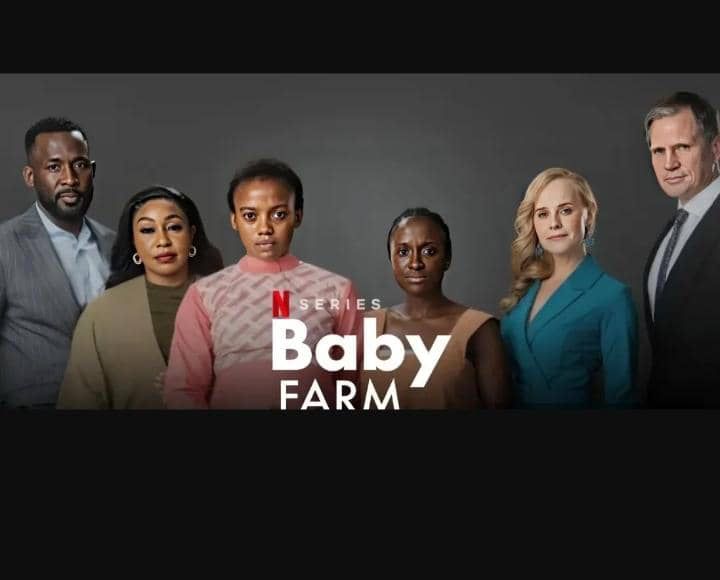

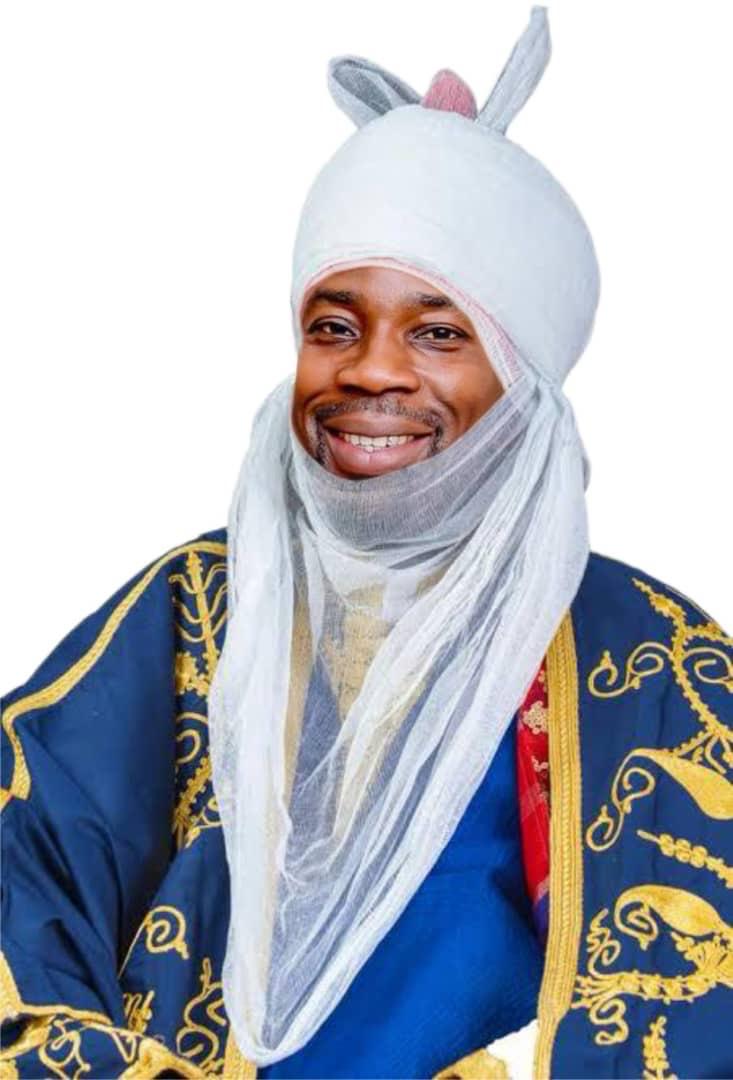

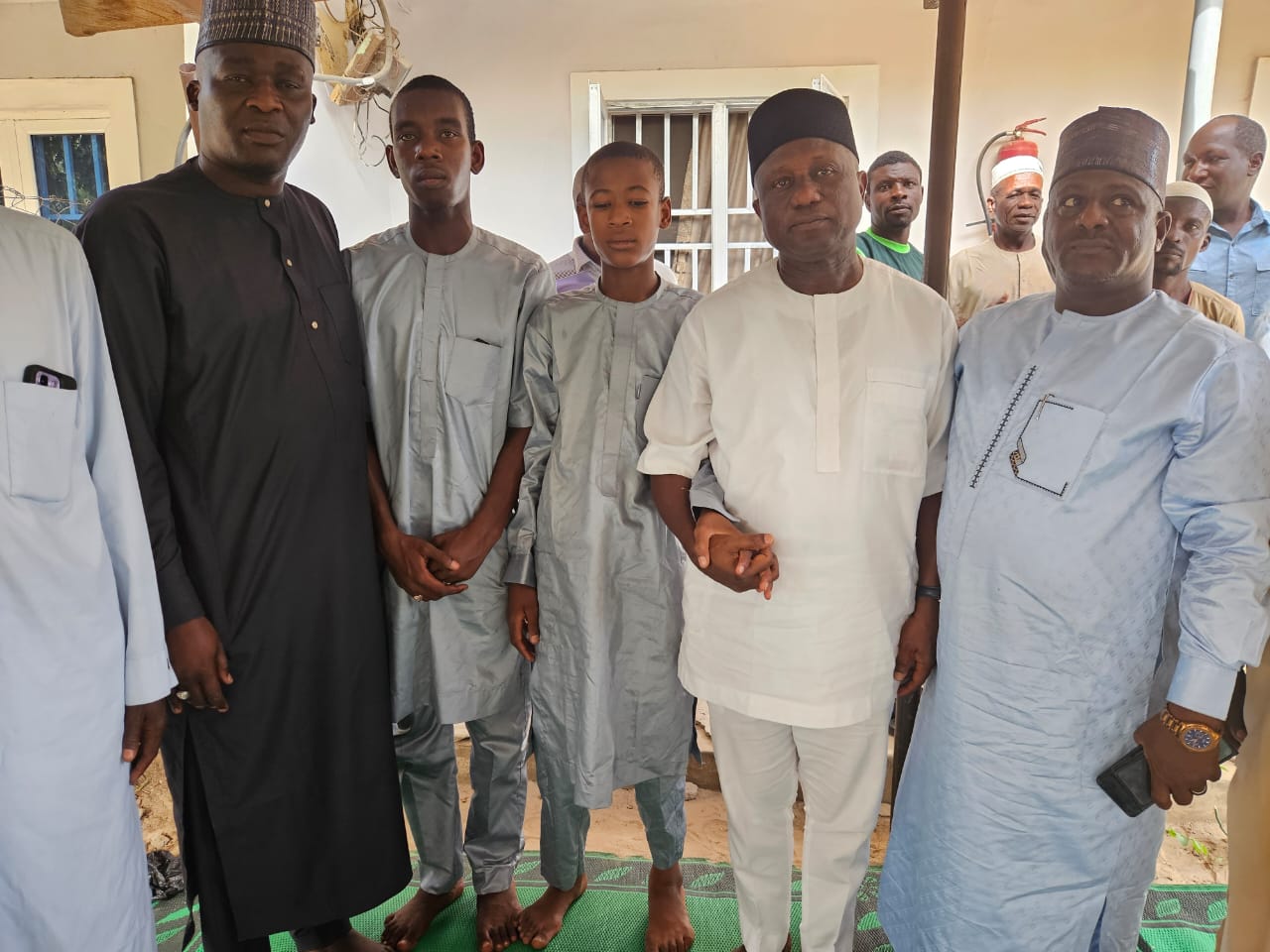


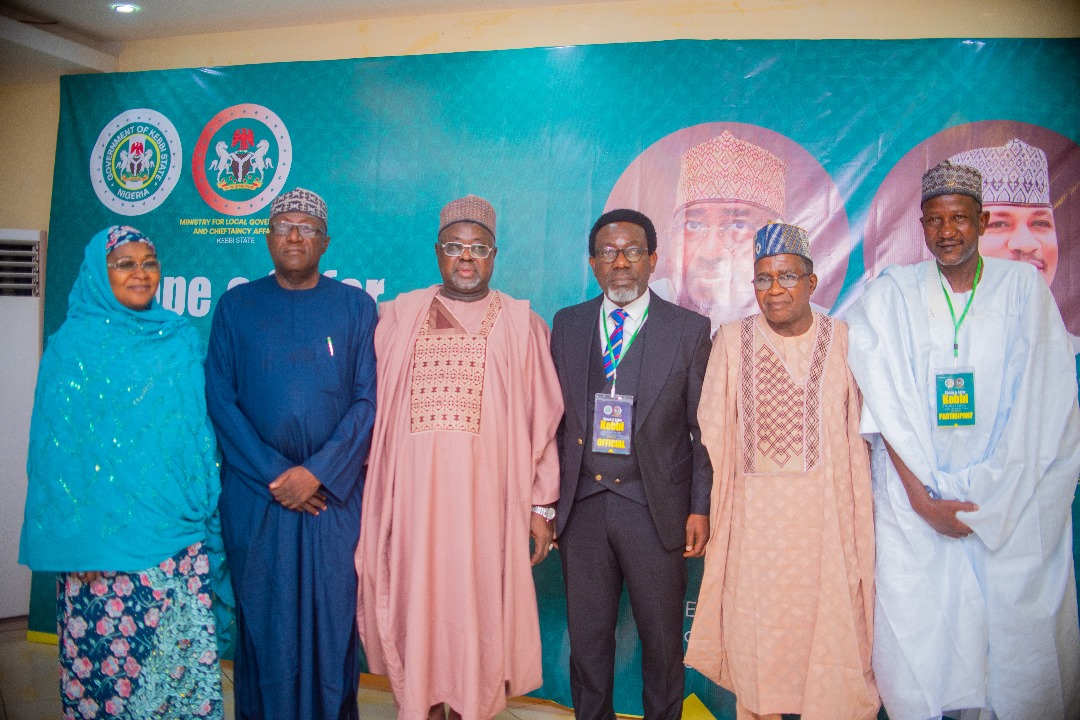

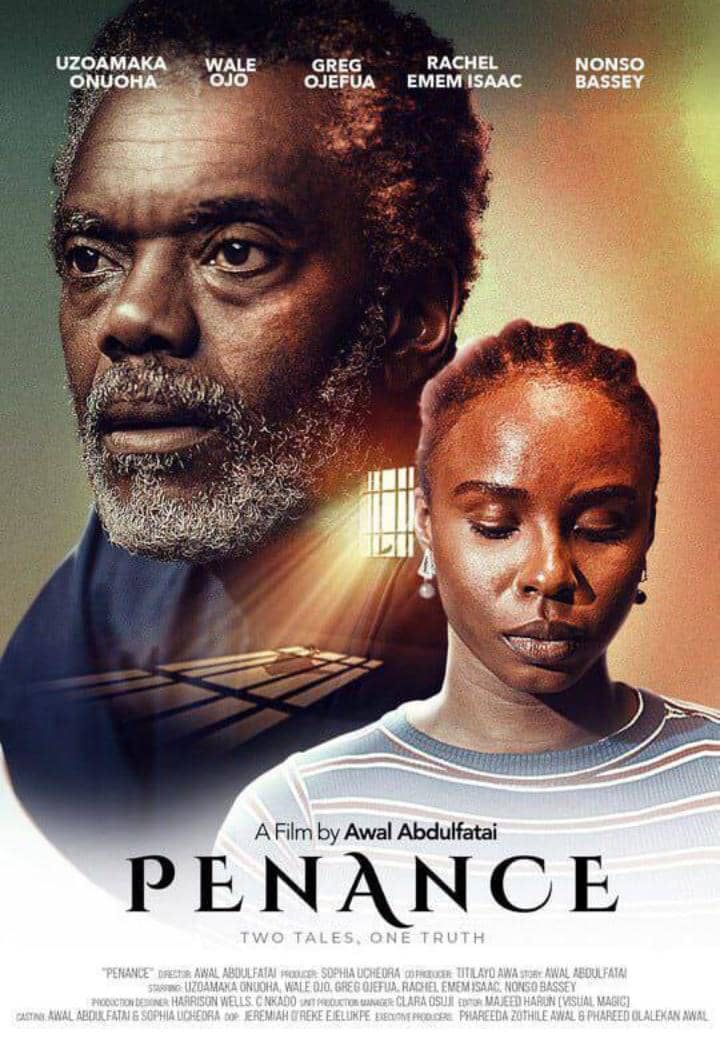

Leave a Reply